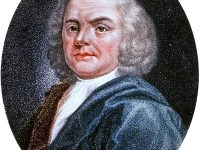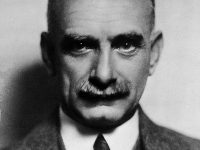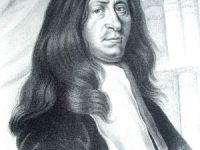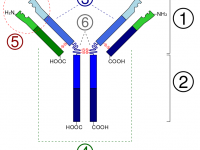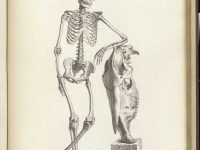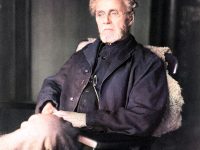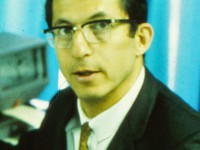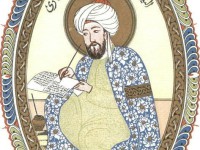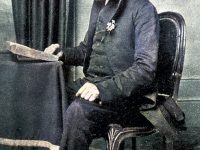The Clinical Teaching of Herman Boerhaave
On December 31, 1668, Dutch botanist, chemist, Christian humanist and physician Herman Boerhaave was born. Boerhaave is regarded as the founder of clinical teaching and of the modern academic hospital and is sometimes referred to as “the father of physiology”. He is best known for demonstrating the relation of symptoms to lesions and, in addition, he was the first to isolate the chemical urea from urine. He was the first physician that…
Read more

